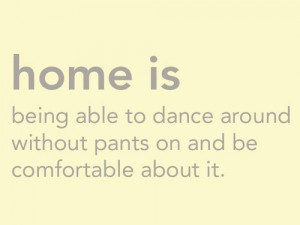Storytime!
Before time existed, there was a civilization that lived in peace and harmony. They did not understand the concept of greed or evil for they shared everything with their kin. One day, they gathered for a gigantic feast to celebrate the King’s birthday. The King was a generous man and was loved by everyone in his kingdom. Men and women from the corners of his realm came to show respect and to celebrate this amazing day.
During the feast, the King announced that there would be a contest; a contest to see who could come up with the most startling and astounding performance. Eager to win the King’s curiosity and attention, some performed dangerous feats such as walking across fire. Others performed sleight of hand and magic tricks to stun the crowd.
The night was coming to an end and the King was about to announce his winner when suddenly, a strange individual stepped up from the crowd. The strange hooded figure wished the King a happy birthday and said he wished to tell a story. The story was a gruesome and violent tragedy about the downfall of a neighbouring civilization. A story filled with fear, greed and homicide.
When the story ended, the room was silent.
The lively and vibrant energy in the room turned into nervous chatter. The citizens of the room glanced at each other in disbelief. The king stood up, but took a few seconds to regain his composure. He announced that the story was by far the most startling and astounding. However, he told the man that such a story cannot exist in his Kingdom and asked him to take it back.
Anxiety, fear and greed was introduced and the kingdom was never the same ever since.
*****
Commentary and thoughts
I told this story to my friends while we were exploring pacific spirit park (at night). We figured that story telling would keep our noise level steady so we don’t scare any unsuspecting animals and it was also a great way to pass time. I noticed the version I told my friends was much more dramatic and exaggerated. I used a LOT more adjectives when describing things so it would fit the mood of when and where I told the story. I came to the conclusion that the context definitely affects how stories are told (in my case, I made my story sound like an epic).
I found some interesting parallels between the notion of a story and an “idea”. The similarities between the two are its resiliency and ability to be passed on. However, stories are much easier to change and be told in different ways. This quote by Dom Cobb from Inception highlights some interesting similarities and differences between the two:
References:
King, Thomas. “The Truth About Stories: A Native Narrative” Toronto: House of Anansi P., 2003. Print.



